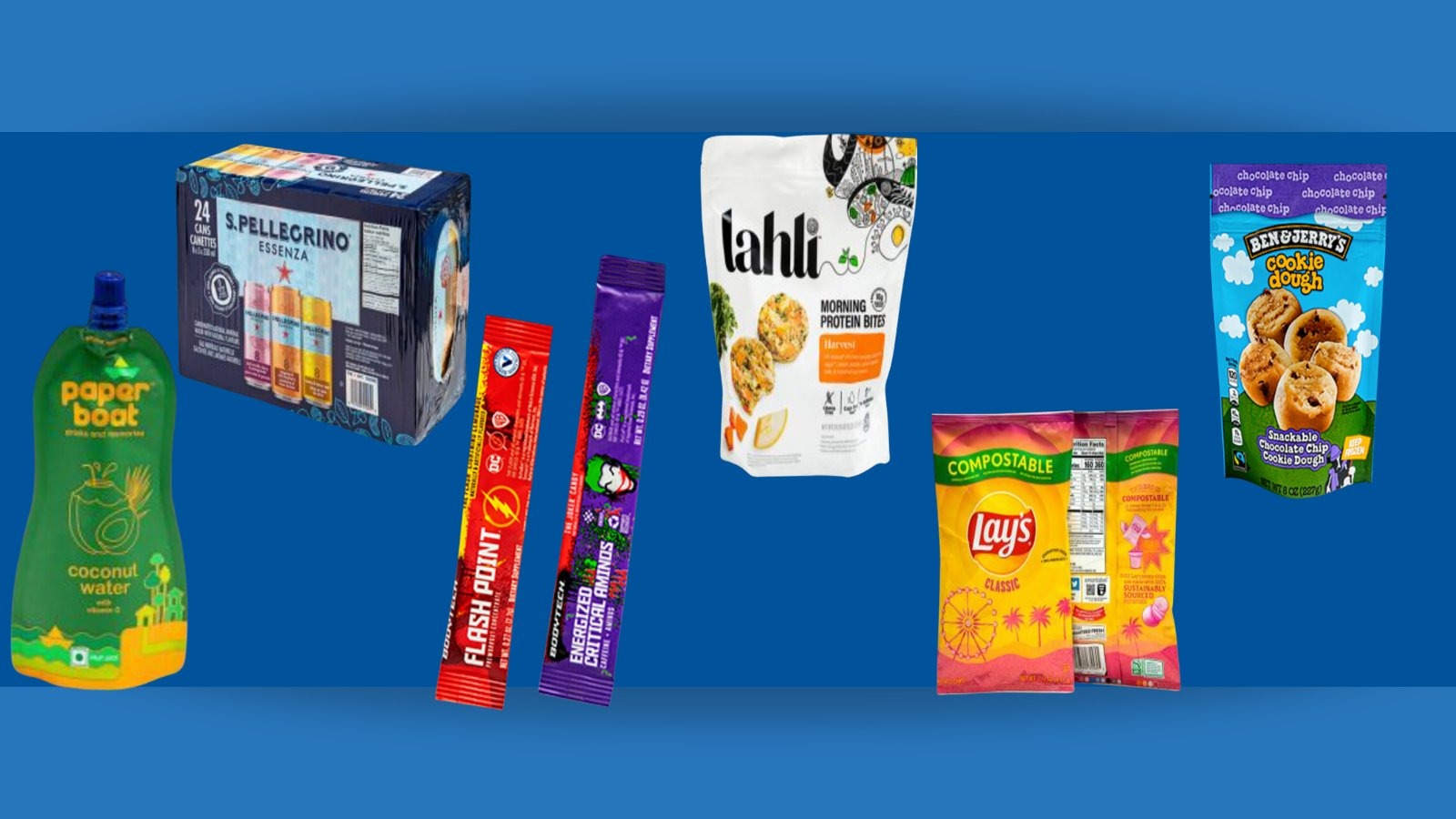Indian flexible packaging industry’s profitability is expected to decline to a decadal low of 8% this fiscal due to significant capacity additions over the past two fiscals, oversupply, and weakness in export demand, according to CRISIL Ratings. Additionally, it said that the industry’s revenue will fall by 3% to 5% as realisations remain subdued due to the supply glut.
This is according to the analysis of eight large flexible packaging entities by CRISIL and these eight entities account for over 75% of the domestic capacity. It added that the credit risk profiles of flexible packaging companies will remain under pressure until there is an improvement in the operating performance which is expected during the end of the financial year.
The rating agency said that the industry has historically seen cycles of higher capacity addition and oversupply. During the previous financial year, capacity addition crumpled the industry’s operating margin to about 10.5% from 18-20% seen during the pandemic.
“The industry operating margin is expected to contract by 250 basis points to 8% this fiscal, after a sharp correction of 750 basis points last fiscal,” said Mohit Makhija, Senior Director, CRISIL Ratings. Makhija further said that BOPET film makers have added about 45% capacity and BOPP film makers about 20% in the last two fiscals, while domestic demand has increased only by 11% in the period. This imbalance was exacerbated by a fall in exports (typically 25-30% of total revenue) due to the slowdown in key markets such as Europe and the US, Makhija added.
Generally, flexible packaging industry comprises bi-axially oriented polypropylene (BOPP) and bi-axially oriented polyethylene (BOPET) films. BOPET films have diverse end-use applications on account of their higher oxygen-retention power, high tensile strength, longer shelf life and better print quality compared with BOPP films. However, BOPP films have higher moisture resistance properties and are cheaper, making them ideal to package food products.
Volume growth to decelerate
The rating agency stated that the domestic demand is expected to be driven by food packaging, pharmaceuticals and personal care segments and keep the demand resilient. However, exports may recover slowly towards the end of this fiscal. The rating agency estimated that with no major capacity additions in the current fiscal and next fiscal, the demand-supply balance is likely to improve slowly over the next 6-12 months. As a result, volume growth is expected to be moderate at 5-6% this fiscal.
On the supply side, raw material prices are typically correlated to the movement crude oil prices, noted the rating agency. Therefore, the average raw material prices this fiscal will be lower year-on-year impacting the realisations and the industry will degrow 3-5%.
Outlook
CRISIL said that the credit profiles of flexible packaging companies are expected to remain under pressure due to weak operating performance in the current fiscal. Substantial capacity additions in the recent past have increased debt levels and debt metrics of these companies have weakened considerably.
“Debt to Ebitda and interest coverage ratios are estimated at 3.9 times and 2.8 times, respectively, this fiscal against 10-year average of 2.5 times and 5 times,” said Anand Kulkarni, Director, CRISIL Ratings.
The rating agency stated that manufacturers will need to rely on balance sheet liquidity and financial flexibility to deal with industry’s cyclical downturn. In the near term, CRISIL said that the key monitorables will be any major capital expenditure spending that may lead to rise in demand-supply imbalance, and macroeconomic developments that will affect commodity prices.
Stocks to watch
Some of the big listed companies in the industry: EPL Ltd, AGI Greenpac, Polyplex Corp., Garware Hi Tech Films, Uflex, Jindal Poly Film, Huhtamaki India, TCPL Packaging, Cosmo First, Everest Kanto, Ester Industries, Nahar Polyfilms, Shree Tirupati Balajee FIBC, TPL Plastech, and Rajshree Polypack.







